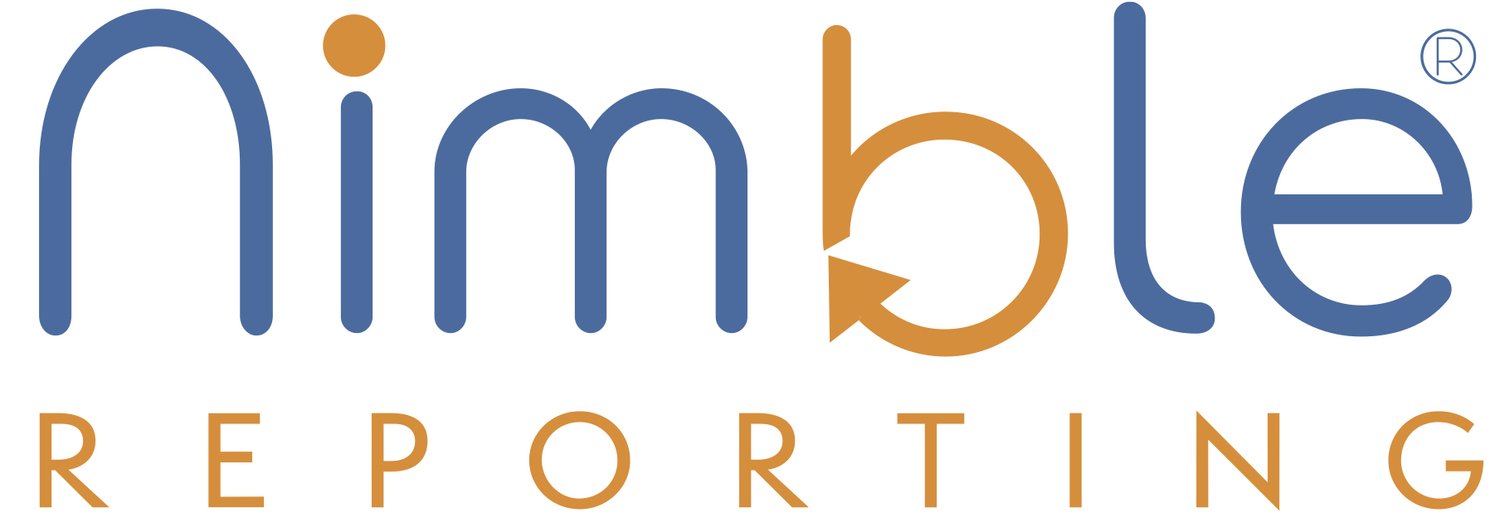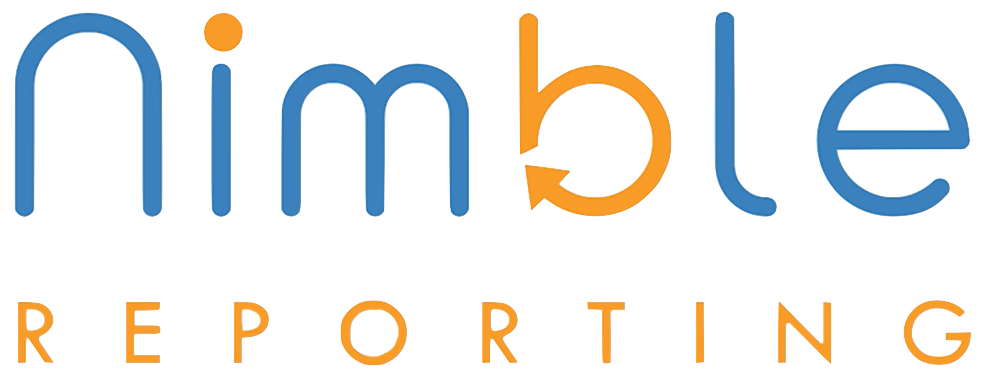The Future of HR Tech in Software Development: Trends and Innovations
This is a great article on how to make any HR operation that much more efficient leveraging technology, software, platforms, etc. Of course we endorse this thinking, that’s why Nimble Reporting exists in the first place. Read on…
FROM GETHPPY
People have perceived HR to be the custodians of paperwork and protocols for eons. However, the dynamic and ever-evolving realm of software development has put an end to this archaic perception.
The synergy between HR technology and innovation is crucial in shaping the industry with automated solutions, employee experiences and continuous modernization.
According to a survey conducted by Gartner, only 29% of the employees believe HR understands what they need. This showcases a major gap in employee experience. That’s why HR tech is a significant requirement for businesses. Valued at $32.6 billion in 2021, HR tech will reach $76.5 billion by 2031.
The HR technology offers diverse possibilities including resource efficiency and employee lifecycle management. However, to stay at the helm of the competition, you must adopt advanced HR tech solutions. It will help in building reliable custom software solutions that will advance your business.
This article will discuss the top trends and innovations shaping the HR tech industry that are pivotal in furthering your business.
Top Trends and Innovations Shaping the HR Tech Industry
HR technology is the software that enables HR management and enhances team efficiency. These solutions can enrich the different facets of the industry such as compensation, talent acquisition and training.
HR tech can help you improve your hiring processes and enhance your training outcomes. These are all the trends that will enable you to further your HR team.
#1 Use of Artificial Intelligence and Machine Learning
At least 76% of HR leaders believe they must use generative AI to drive success and stay relevant. The allegiance towards AI and ML has become even more crucial for software development as it can act as a game changer for recruitment and employee engagement.
You can implement robust HR strategies by harnessing the potential of features like predictive analytics and skill gap identification,
Let’s look at the simplest HR task- reviewing a resume to understand the employee-organization fit. Your team needs to assess and review their abilities manually. With AI, your team can automate the process by adding the requirements into the algorithm and speed up the results.
You can use the data from job satisfaction surveys and other data points to feed your AI algorithms. This would help identify the turnover risks. You can use the data to determine your at-risk employees and stop the churn.
Software development also brawls with identifying and recruiting the ideal candidates. You can use AI and Chatbots for the most personalized and conversational recruitment process that enhances their experience.
#2 Blockchain for Secure Talent Acquisition
You must have experienced numerous frauds as a software development recruiter. Sometimes, the candidate may claim jobs they have never done. How will you determine the accuracy of their qualification and experience?
Enter Blockchain into the HR tech realm. Now, you have an ideal solution for your software development business. Blockchain will protect the sensitive information and candidate’s credentials. At the same time, it can help determine the accuracy of your applicant’s application. This will ensure you have the correct understanding of their skills and don’t employ someone who is not a fit.
Apart from recruitment, it also helps your teams with talent management. You can enjoy a detailed record of each employee along with their employment timelines and milestones. This can help with fair performance evaluation.
#3 Hybrid Workspace for Flexibility
In the past year, several companies have embraced a hybrid working model that extends flexibility and ensures the benefits of in-person collaboration. According to Forrester, one-third of the 60% of businesses that move to hybrid workspaces will fail.
This is because they would need to redefine their promotions and job roles to suit the new working model. You should ensure a proper model and a defined strategy to make the hybrid workspace work.
Whether your teams are in the office or working remotely, you must establish defined communication channels such as Slack, Asana and Teams to foster seamless collaboration. Investing in the right performance management software can also help facilitate continuous goal tracking and performance assessments.
You must have the roadmap to nurture employee retention and optimize resource allocation.
#4 Engage Employee Experience Platforms
As an HR team in the software development realm, you must enhance the employee experiences. Choose employee experience platforms that seamlessly fit into your organization and become a part of their journey. These platforms can enable your employees to further their goals.
Your tools and software should be present along all the touchpoints to enhance their journey. Provide them with in-depth training on using digital platforms for robust collaboration and heightened innovation.
You can customize the solutions to meet individual needs or preferences for better experiences. Invest in digital employee experiences to make them relevant for digital and remote teams.
For instance, checking the network and device performance can reduce friction and further their engagement. You can also implement recognition programs and training opportunities relevant to the users. This will enhance their engagement.
#5 Adoption of VR
VR can help you with several facets of HR management. One of the biggest challenges facing the HR team is remote onboarding. They want to make it seamless and enjoyable. Integrating VR with HR tech can ensure immersive solutions.
You can use VR to simulate the real-world tours and make it interactive. These immersive tours will engage the users and help them learn about the company or job.
It can also help fine-tune the interviews by creating simulated versions of the sessions. The HR team can understand the best-fit questions and the ideal way to recruit a good candidate for the job.
VR can also help employees further their skills and learn continuously. This can help them acquire new skills. At a time when businesses are grappling with skill shortages, this advanced tech solution can ensure they have the right skills and team.
Conclusion
Advancing HR tech with these trends can simplify processes and streamline operations. It can help develop an efficient and productive team that will impact the business’s bottom line. HR trends and innovations can drive success and further your business in the long run.
You must choose the right tools and employ the best practices while advancing HR tech for software development. You must consider factors such as time-saving, cost and customizations while selecting the HR tech for your business.
So, are you ready to change the game with these advanced trends and solutions?


